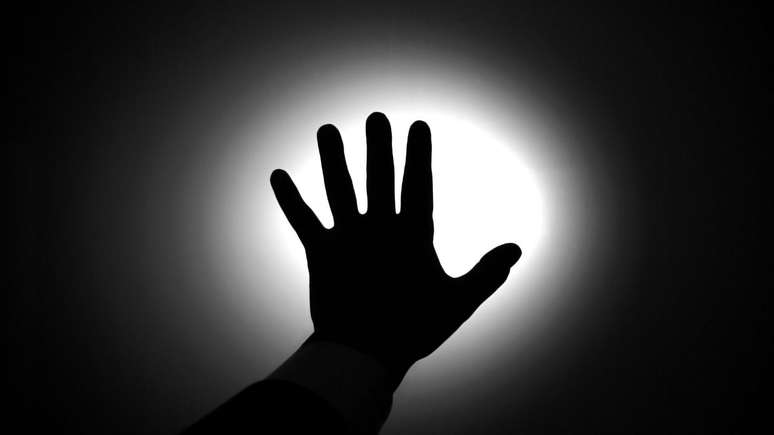What to do on that bad PMS day, when your mood is foul and motivation is low? Check out expert advice
Premenstrual syndrome, or premenstrual tension, can generate mild and almost imperceptible symptoms, but it can also destabilize many women. This is because, in the period preceding menstruation, the body alters hormone production to prepare the female body for the typical evacuation of the cycle – which triggers various symptoms and can generate the famous bad day of premenstrual syndrome.
WHAT ARE THE SYMPTOMS OF PMS?
“PMS symptoms can vary among women and are both psychological and physical,” explains Dr. Tassiane Alvarenga, endocrinologist at SBEM. “They usually appear a few days before your period starts and disappear shortly after your period starts.”
According to the doctor, some of the main psychic symptoms are:
- Irritability
- Intolerance
- Anxiety
- Emotional lability (becoming more emotional, tearful)
- binges
- discouragement
- Sadness
Physical symptoms can include:
- Tiredness
- malaise
- Cramps
- heachache
- breast tenderness
- fluid retention
- intestinal changes
DOES PMS AFFECT YOUR MOOD?
You can already tell that, yes, PMS can directly affect women’s mood due to hormonal variations. Understood, changes like these are also seen during pregnancy and menopause – that’s why these times in life are also known for mood swings.
“The hormonal fluctuations that accompany these periods can affect brain chemistry, causing mood changes and feelings of well-being,” explains the doctor.
For those who like to understand step by step why these changes occur, the scientific explanation is simple: during the second phase of the menstrual cycle (between ovulation and the following menstruation), the main female hormones (estrogen and progesterone) are elevated – a response from ovaries to prepare the uterus for pregnancy.
When this pregnancy does not occur, the corpus luteum, i.e. the structure of the ovary that produces estrogen and progesterone, degenerates, leading to a sudden drop in the level of these hormones. This happens a few days before menstruation, that is, it is this hormonal drop that characterizes premenstrual syndrome.
“It’s important for women to know that it’s normal to have mood swings during this time, but if PMS symptoms are intense enough to cause harm in their daily life, work, relationships, it’s important to get treatment.” , he adds. OR doctor Igor Padovesi USP gynecologist and obstetrician and physician at Albert Einstein Hospital.
According to the professional, some of the main ways to relieve PMS are the practice of physical activity and a combination of relaxation and meditation techniques. The use of some vitamins and supplements is still considered controversial by the medical community, but they can have positive effects when administered under professional supervision.
“For women with more severe symptoms, treatment involves stopping menstrual cycles,” she continues. “The most common is the use of oral contraceptives, preferably in extensive form (skipping packet breaks), or its variants (vaginal ring or contraceptive patch). It is an effective treatment for PMS, but can lead to a significant worsening of libido, the main reason why many women do not want to use contraceptives. Hormonal IUDs are great for reducing menstrual flow, but because they have a direct action on the uterus, they have virtually no action on PMS symptoms.
AFINAL, HOW TO IMPROVE A BAD PMS DAY?
Right, we already understand that symptoms can, yes, appear, that there are natural and medicated forms of treatment, and even the reason behind PMS. But, the thing is, what to do that day when you feel nasty or when the discouragement seems to be above normal due to PMS? Let’s go to the advice of Dr. Igor:
1. Light to moderate exercise
“Engaging in physical activity, especially if it’s enjoyable, can help reduce PMS symptoms, including improving mood. Try hiking, swimming, dancing, or yoga—see what makes sense for you,” she says.
2.Take a hot shower
A warm bath can help relax muscles and relieve tension, as well as improve your mood.
3.Listen to relaxing music
“Music can have a calming effect and help reduce anxiety and stress,” explains the doctor.
4. Contact with nature
Getting in touch with your external environment — like walking in the park or sitting down to read in a square — also helps lift your mood and can make a bad day better.
5. Rely on your support network
If what you need is just to vent about what you’re feeling and release hormonal energy, count on your support network, those people you can always talk to and find comfort.
Source: Terra
Ben Stock is a lifestyle journalist and author at Gossipify. He writes about topics such as health, wellness, travel, food and home decor. He provides practical advice and inspiration to improve well-being, keeps readers up to date with latest lifestyle news and trends, known for his engaging writing style, in-depth analysis and unique perspectives.








